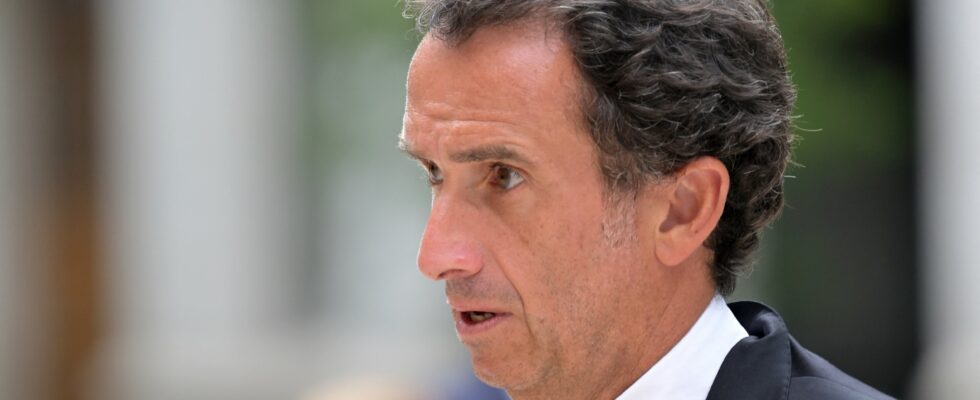Faced with the outcry in Brazil after the announcement of Carrefour stores not to sell meat in France from Mercosur countries, Alexandre Bompard, the CEO of the French group, made his mea culpa to the Lula government, evoking “communication” problems. The controversy comes in the midst of a battle in France against the proposed trade agreement between the European Union (EU) and four Mercosur countries – Brazil, Argentina, Uruguay and Paraguay -, against a backdrop of demonstrations farmers, who fear that this agreement will open the door to unfair competition.
The CEO of Carrefour had written to the majority French agricultural union FNSEA that the supermarket chain “would not sell any meat from Mercosur” in France, a letter also published on its social networks. The manager in fact mentioned the “risk of spillover onto the French market of meat production not respecting its requirements and standards”.
Boycott of the brand
The remarks made by Alexandre Bompard last Wednesday caused indignation in Brazil, where the governor of the state of Mato Grosso – an agricultural region – had launched a call for a boycott of Carrefour stores on Brazilian territory. Several suppliers, such as the Brazilian giant JBS, the world’s number one meat producer, had also announced that they were suspending their supplies, with the consent of the government. Monday, the Minister of Agriculture Carlos Favaro welcomed the reaction of these companies, deemed “effective” and “up to standard”, in a television interview Globonews : “We cannot accept anyone calling into question the quality of our products.”
Although the group apologized, the controversy seems to have tarnished the group’s image. In an editorial, O Globoone of the country’s main press groups, considers Carrefour’s statements “demagogic” towards its French customers. Ultimately, “the group will continue to purchase almost exclusively French products in France and Brazilian products in Brazil. There has been no practical change,” notes O Globo. For the newspaper, which highlights the comparative advantages of Brazilian agriculture, having “gained in productivity in recent years”, the affair reveals above all the absurdity and “the limits of the protectionist discourse which has spread in the world”. “Business nationalism discourages research and innovation and increases the price of products. Consumers pay the price.”
For its part, the Paulist daily Folha de São Paulo, while judging that “environmental standards are often a pretext [commercial] for Europeans”, writes that this “does not mean that they are irrelevant […]. Due to state failures [brésilien] and the resistance of agribusiness sectors, we are far behind in controlling environmental crimes.”
“Incident closed”
The stakes are high for the French group, which generates almost a quarter of its turnover in Brazil. The brand has since apologized. “If Carrefour’s communication in France caused confusion and was interpreted as calling into question our partnership with Brazilian agriculture, we apologize,” wrote Alexandre Bompard to the Brazilian Minister of Agriculture. “We know that Brazilian agriculture provides meat [qui se caractérise par] its high quality, its compliance with standards and its flavor,” he added.
“The incident is closed,” Minister Carlos Favaro subsequently declared, referring to an “untimely attitude of the CEO of Carrefour” which was “rectified in time”. “He retracted the most important point, when he said that Brazil respected the standards,” he stressed. Shortly after sending the letter to the minister and disseminating this press release, the Brazilian Association of Meat Exporters (Abiec) said it “receives with satisfaction the apology and recognition of the excellence of Brazilian products and producers” and the resumption of their supplies.
But while this controversy occurs in the midst of negotiations around the EU-Mercosur free trade agreement, Brazilian President Lula reiterated his determination to continue the negotiations: “It doesn’t matter if the French want the agreement or not, it “It is the European Commission which has the last word. We are going to sign this agreement on which I have been working for 22 years”, reports. Globe 1. The Brazilian government hopes that a final text will be signed at the next Mercosur summit, which will be held December 5-7 in Montevideo, Uruguay.
